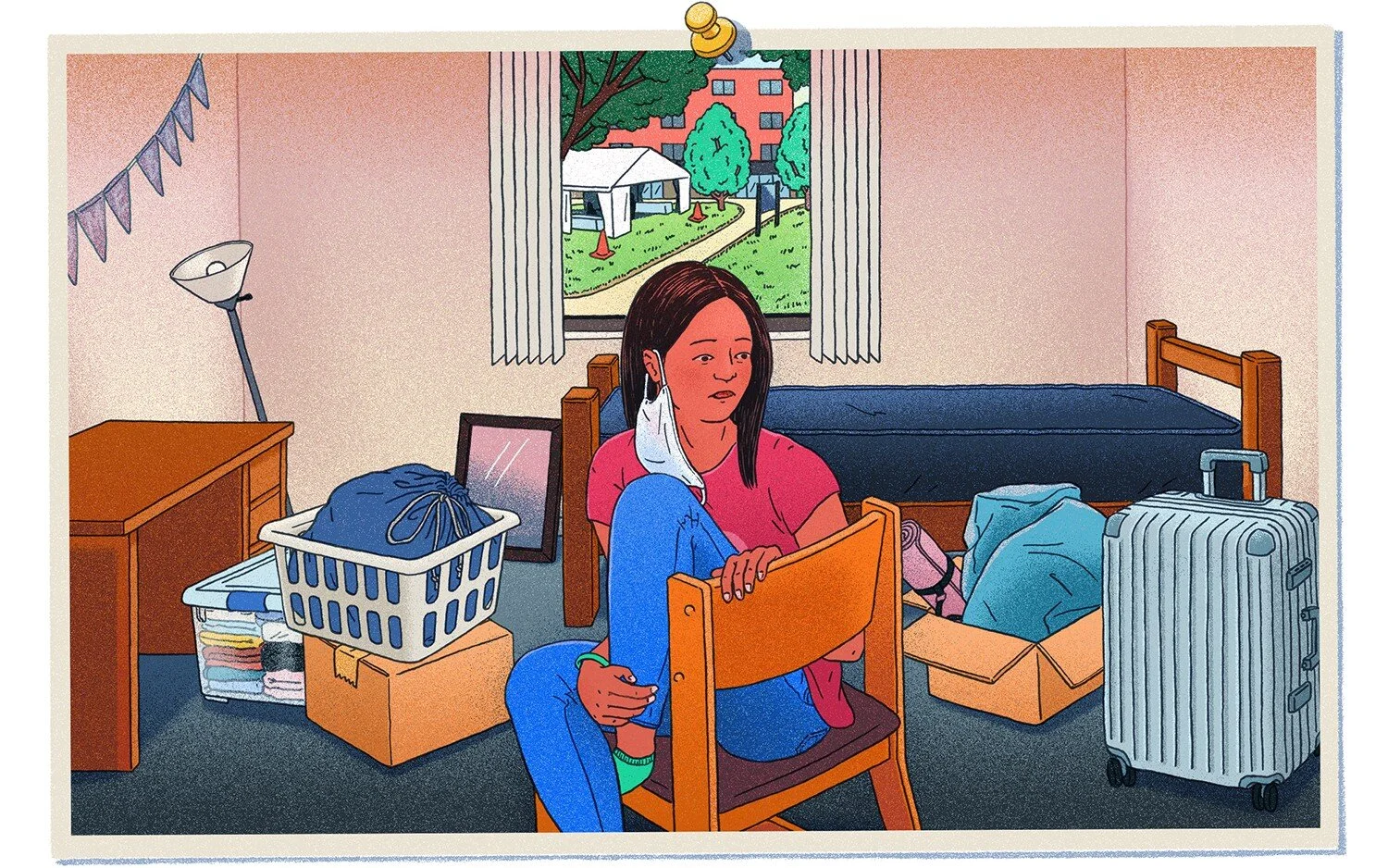The Importance of Learning Poetry
by Richa Gupta
Most of the time, there is a stigma associated with learning and writing poetry in high school, or even in middle school. In popular culture, high school poets are portrayed as antisocial and withdrawn. For instance, Manny Delgado (a character from the popular television series Modern Family) is heavily involved in sonnets, free verse, and spoken word. Moreover (or perhaps consequently), he is depicted as…strange, and his poetry and love of culture are quietly mocked at. And somehow, there is an inborn image of poets in today’s world, from hundreds of example poems; when I asked a few of my peers what they thought of when I say the word “poet”, their responses were along the following lines: someone who roams the streets in a melancholy trance, a loner who fills up a leather diary during class, an insecure person who is afraid of talking to the world…
Really? Not only are these images incredibly untrue, but a huge aspect of poetry is also being neglected: its importance in the educational system. Poetry has the potential to play a huge role in the intellectual growth of students—if it is respected, and regarded with the same respect as literature or physics.
Poetry is all about freedom. Unlike essays or articles, poetry is devoid of the grammatical and syntactical rules that confine writers. It helps those who aren’t well-versed in a particular language communicate and get their thoughts across. It is a vehicle of expression, and presents an incredible lack of literary rules—thereby allowing thoughts to flow more easily, and letting us stay in touch with our personal thoughts and emotions. I experienced this revelation when I was in primary school. Introverted and generally nervous, I’d find it difficult to share my opinions with anyone—family, friends, teachers. And since telling people was out of the question, I resorted to a very different method: poetry. My father started a poetry blog for me when I was in 4th grade, and it continues to be a trove of thoughts that have evolved over the years. Moreover, since my literary skills were questionable, I knew that I could write and compose without a nagging fear of going wrong somewhere. And strangely enough, welcoming a style of art that embraces freedom actually helped me grow in my proficiency in writing and syntax. But more than that, poetry helped me become more aware of my emotions, and still helps me make sense of thoughts I can’t resolve in my head.
In my old school, reading poetry was the equivalent of reading nothing. It was a form of art that was considered to have no academic merit at all—despite the fact that we’d peruse the classic works of Shakespeare and Plath. But then again, I went to a school that places mathematics and science on a pedestal, while leaving English and foreign languages at a pathetically inferior position. But what my peers didn’t realize is that a poem is a minefield of emotion, a mire of meaning. A poem is a portal to another person’s life, thereby gaining its readers new, alternate perspectives. Regardless of the literary merit of the writer, a poem can always help us gauge new cultures, ethnicities, and ideologies—that is, if it is read and analyzed with the right attitude. And by employing various poetic devices (such as alliterations, metaphors, similes, etc.), we can add new characteristics and dimensions we had never thought of before.
I recently read ‘Girl Talking’, a poem by Carol Ann Duffy. It describes the sexual assault of a young Muslim girl, and the general indifference and ignorance of others in the village. It was a graphic poem, and very hard to read (let alone analyze); but somehow, I know for a fact that I left the poem more culturally aware of the regressive norms embedded in society. A few lines in particular stayed with me: “something happened. We think it was pain.” and “Each day she’d carry water from the well into the mosque. Men washed and prayed to God”. It taught me about the repression women face in some cultural backdrops, and the impact sexual assault can have on the victim’s life.
In conclusion, poetry is one of the most powerful portals out there. No, it is not solely for the reclusive or “unpopular” kids. Rather, its connotations are very different: for poetry is synonymous with power, freedom, and perspective. It may seem like a humble means of expressing views, but it is anything but that. So next time you can’t make sense of a situation, whip out a pencil and jot down a short poem; drawing from personal experience, I can guarantee that the whirl in your mind will calm down. And, well, if you’re bored or lonely, you can peruse the multitude of poems scattering the internet. Take my word for it—you’ll leave happier, more enlightened, and infinitely more inspired.











